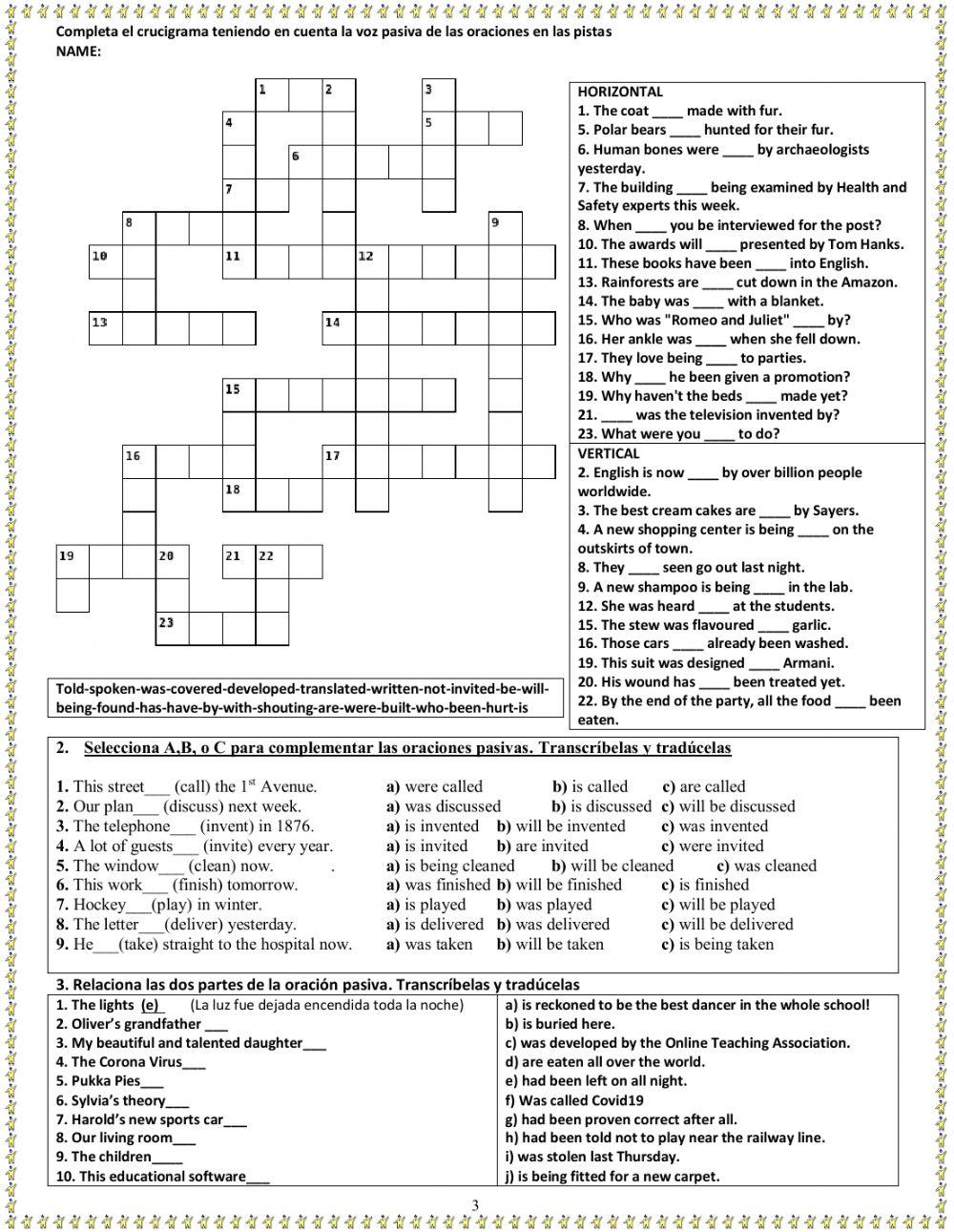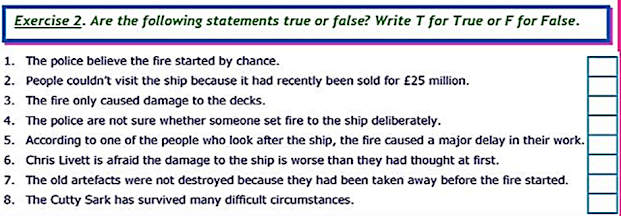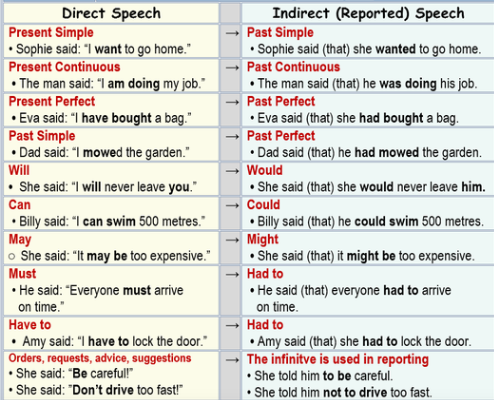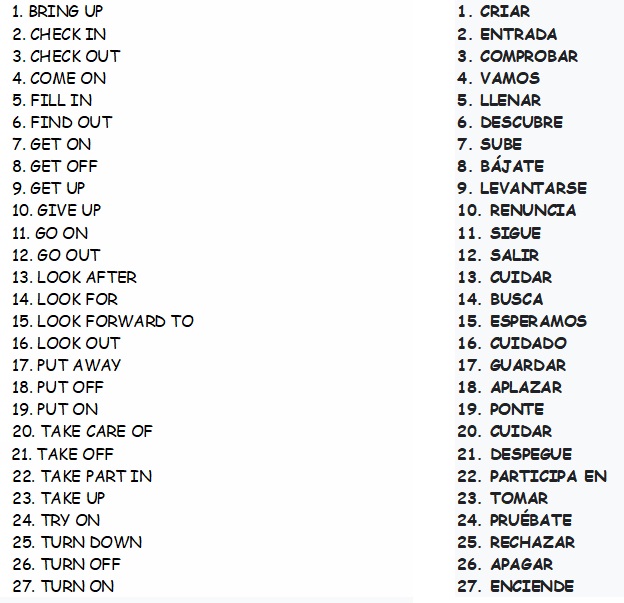
TOMÁS CIPRIANO DE MOSQUERA IED. SCHOOL
ENGLISH ACHIEVEMENTS ELEVENTH
GRADE
FIRST TERM
2025
CLARA CARRANZA - ENGLISH TEACHER
11° GRADE
Am I in a toxic relationship?
A toxic relationship is one that undermines your well-being—emotionally, psychologically, and sometimes even physically. These relationships can exist in various contexts, from friendships to romantic partnerships, and even within families. It is characterised by behaviours that leave you feeling unsupported, misunderstood, demeaned, or attacked. Basically, it is an interrelationship where the bad consistently outweighs the good, and your overall welfare is threatened. Identifying toxic dynamics early is crucial. The longer you stay in such a relationship, the more it can impact your mental and emotional health.
1. Presentar cuaderno con las actividades propuestas en el Plan de Fortalecimiento (tener en cuenta la importancia de las imágenes como parte del ejercicio propuesto). Recuerde que el trabajo es individual, único y debe evidenciar la originalidad y creatividad en su producción. 2. Hacer entrega de este Plan de Fortalecimiento en las fechas correspondientes a la semana del 2 al 6 de junio 2025 en las horas correspondientes a la clase de inglés. 3. Firma del acudiente con registro número celular en el cuaderno, constatando la entrega completa del Plan de Fortalecimiento propuesto para la fecha establecida (con el desarrollo completo de todos y cada uno de los aspectos requeridos) |
ACHIEVEMENTS ELEVENTH GRADE
SECOND TERM
2025
CLARA CARRANZA - ENGLISH TEACHER
11° GRADE
|
SKILL |
ACHIEVEMENT |
TOPIC |
|
COGNITIVO: (LÓGICO) Can the
student express ideas using the passive voice and reported speech in a short
conversation, in the right way? |
The student will be able to express ideas using Passive
Voice and Reported Speech in a short conversation, about any important event
that causes impact and are from national or international news.
|
Tag
Questions Passive voice Literal and inferential reading. Reported Speech Comparative
and Superlative form Preparation Saber Test. Spelling Bee Practice |
|
SOCIO-AFECTIVO: (PRÁCTICO) Can the
student expose his/her point of view about certain issues given in selected
text for working in class? |
The student will be able to
express in an assertive way the information read in the worked text by
exposing to the class key words about scientific, social, political or
economic issues dealt with in the text and giving his/her point of view about
it. |
Reading
Comprehension with mix tenses, including passive voice or indirect speech. |
|
COMUNICATIVO: (CREATIVO) Can the
student write a short text, describing any personal experience? |
The student will be able to write
a short description about any personal experience. |
Applying of rules for the use of Comparative and Superlative
Adjectives. |
|
TECNOLÓGICO: (HERRAMIENTAS TECNOLÓGICAS) Can the student use the technology
to share information about the developed topics during the term? |
The student will be able to make a
presentation in power point or Canva about one topic developed during the
term. |
Brochure
showing his/her abilities or skills in the preferred area of knowledge, which
will serve as a possible future life project. |
READING
COMPREHENSION ACTIVITY – GRADE 11TH.
tory: The Day the Internet Disappeared
It was a bright Monday morning when something nimaginable happened: the internet completely vanished from the entire planet. At first, people thought it was just their Wi-Fi acting up. But when even the mobile data refused to work, panic spread faster than a cat meme.
Meanwhile, a group of teenagers in a small town discovered something unusual: a mysterious old library that none of them had ever noticed before. With no phones to distract them, they wandered in and found actual books—dusty, thick, and oddly satisfying to touch.
Reading Comprehension Tasks
1. Create a mental map based on the story.
2. Identify the Main Idea of the story.
3. List at least three Secondary Ideas.
1. Create a mental map based on the story.
2. Identify the Main Idea of the story.
3. List at least three Secondary Ideas.
1. Presentar cuaderno con las actividades propuestas en el Plan de Fortalecimiento (tener en cuenta la importancia de las imágenes como parte del ejercicio propuesto). Recuerde que el trabajo es individual, único y debe evidenciar la originalidad y creatividad en su producción. 2. Hacer entrega de este Plan de Fortalecimiento en las fechas correspondientes a la semana del 15 al 26 de septiembre 2025 en las horas correspondientes a la clase de inglés. 3. Firma del acudiente con registro número celular en el cuaderno, constatando la entrega completa del Plan de Fortalecimiento propuesto para la fecha establecida (con el desarrollo completo de todos y cada uno de los aspectos requeridos) |
ENGLISH ACHIEVEMENTS ELEVENTH GRADE
THIRD TERM
2025
CLARA CARRANZA - ENGLISH TEACHER
11° GRADE
|
SKILL |
ACHIEVEMENT |
TOPIC |
|
COGNITIVO: (LÓGICO) Can the
student identify the vocabulary given through listening practice and repeat
the words by spelling in the right way? |
The
student will be able to
spell the words heard in the correct form, as well as give their
meaning as practice for the Local Spelling Bee Contest.
|
Spelling
Bee Final Contest English
day One/body Still/Anymore Yet/Already Idioms Phrasal Verbs
|
|
SOCIO-AFECTIVO: (PRÁCTICO) Can the
student expose through a written form his/her point of view about certain
issues given in selected text for working in class? |
The
student will be able to express assertive messages to the class,
corresponding to the events narrated in the story read; taking into account
the good use of adverbs: STILL/ANYMORE/ALREADY/YET
As well as the basic grammatical
structures learnt. |
Reading
Comprehension, showing situations with actions related to events that have or
have not market moments of great importance through the time. |
|
COMUNICATIVO: (CREATIVO) Can the
student write an essay, making appropriate use of verbs according to the
situation and the proposed grammatical intention? |
The student will be able to write an essay implementing the
appropriate use of Idioms y Phrasal verbs, showing skill in written english
production and right use of the grammatical structures. |
Applying of rules for the use of Comparative and Superlative
Adjectives. |
|
TECNOLÓGICO: (HERRAMIENTAS TECNOLÓGICAS) Can the student use the technology
to share information about the developed topics during the term? |
The student will be able to make a
presentation in power point or Canva about one topic developed during the
term. |
Presentation
of a written report about relevant events and moments experienced during the
last school year and the lessons learned for his/her new life plan. |
When we want to report what someone said without speech marks and without necessarily using exactly the same words, we can use indirect speech (also called reported speech). For example:
- Direct speech: “We’re quite cold in here.”
- Indirect speech: They say (that) they’re cold.
When we report what someone says in the present simple, as in the above sentence, we normally don’t change the tense, we simply change the subject. However, when we report things in the past, we usually change the tense by moving it one step back. For example, in the following sentence the present simple becomes the past simple in indirect speech:
- Direct speech: “I have a new car.”
- Indirect speech: He said he had a new car.
Guess
Who I Bumped Into?
Tim wandered along the path thinking
aloud, "If I continue this diet I should lose twenty pounds by the end
of..." when BOOM! he bumped into another city dweller out for a day's
walk in the park. "I'm terribly sorry," he
apologized, "I was so caught up in my thoughts, I didn't see you!"
he managed to stammer. Smiling, Sheila responded, "It's
OK. Nothing's broken... No really, I wasn't watching my step either." Suddenly they both stopped making
excuses and stared at each other. "Don't I know you from somewhere?"
inquired Tim while Sheila exclaimed, "You're Tim, Jack's brother, aren't
you?!" They both began to laugh as they had
met each other the week before at a party that Jack had given. Still laughing, Tim suggested,
"Why don't we have a cup a coffee and donut?" to which Sheila
replied, "I thought you wanted to continue your diet!" They both
were still laughing by the time they reached the Swimming Donut cafe. |
Comprehension
Questions
Questions one to five test your
comprehension. The remaining questions test reported speech. Fill in the
blanks with reported (indirect) speech using the text above. ·
He was on a
diet. ·
He wasn't paying attention. ·
He was
writing his thoughts down. 2. Where do they live? ·
In the park ·
In the countryside ·
In the city 3. Whose fault was the incident? ·
Tim's ·
Sheila's ·
It's not clear 4. Where did they first meet? ·
In the park ·
At the Swimming Donut ·
At Tim's Brother's house 5. Why was Tim's suggestion funny? ·
He was
supposedly on a diet. ·
The name of
the cafe was strange. ·
They were on
a walk and there were no donuts in the park. 6. As he was walking down the path Tim
said if he __________ his diet he __________ lose twenty pounds. ·
continues... should ·
continued... should 7. We bumped into each other. He
apologized saying he __________ terribly sorry. ·
was ·
is 8. I told him it was OK, that nothing
__________ broken. ·
had ·
was ·
both are correct 9. Tim said he had been so caught up in
__________ thoughts that he _____ _____ me. ·
his / hadn't seen ·
my / didn't see 10. He seemed embarrassed, so I added
that I __________ my step either. ·
hadn't watched ·
hadn't been watching
|
CLICK AT THE FOLLOWING LINK
https://www.englisch-hilfen.de/en/exercises_list/reported.htm
PHRASAL VERBS USUALLY USED INTO A SIMPLE CONVERSATION
(CLASSWORK)
1. WRITE THE TRANSLATION “ AN IMPERFECTLY PERFECT DAY
2. TALK ABOUT THE SITUATION GIVEN INTO TEXT
3. MATCH THE PHRASAL VERB WITH ITS MEANING
1-END UP ______ a. Accept an offer
2-GET OFF ______ b. Leave angrily
3-BUMP INTO ______ c. Finish employees contract
4-BRING UP ______ d. As a result
5-FIND OUT ______ e. a bus, plane
6-COME INTO ______ f. Meet by accident
7-TAKE UP ______ g. Introduce a topic in a conversation
8-SORT OUT ______ h. Discover a piece of new´s
9-TURN DOWN ______ i. Inherit
10-CLOCK IN ______ j. Register when you get to work
11-GET OVER ______ k. Solve problem
12-MAKE UP/FOR ______ l. Refuse, decline
13-TURN OUT ______ m. Compensate for something
14-BLOW UP ______ n. Recover from something
15-FALL THROUGH ______ o. Explode
16-GET AWAY/WITH ______ p. In the end, what happened was
https://www.eslprintables.com/previews/313429_1-THE_HISTORY_OF_HALLOWEEN.jpg
https://www.englisch-hilfen.de/en/exercises/if_clauses/type_1_statements.htm
https://www.englisch-hilfen.de/en/exercises/if_clauses/type_1_negation.htm
https://www.englisch-hilfen.de/en/exercises/if_clauses/type_2_statements.htm
https://www.englisch-hilfen.de/en/exercises/if_clauses/type_2_negation.htm
https://www.englisch-hilfen.de/en/exercises/if_clauses/type_3_statements.htm
https://www.englisch-hilfen.de/en/exercises/if_clauses/type_3_negation.htm
https://www.englisch-hilfen.de/en/exercises/structures/participles_phrases.htm
https://www.englisch-hilfen.de/en/exercises/pronouns/personal_pronouns4.htm
https://www.englisch-hilfen.de/en/exercises/pronouns/mix_2.htm
https://www.englisch-hilfen.de/en/exercises/active_passive/active_or_passive1.htm
https://www.englisch-hilfen.de/en/exercises/active_passive/sentences_mixed.htm










































































